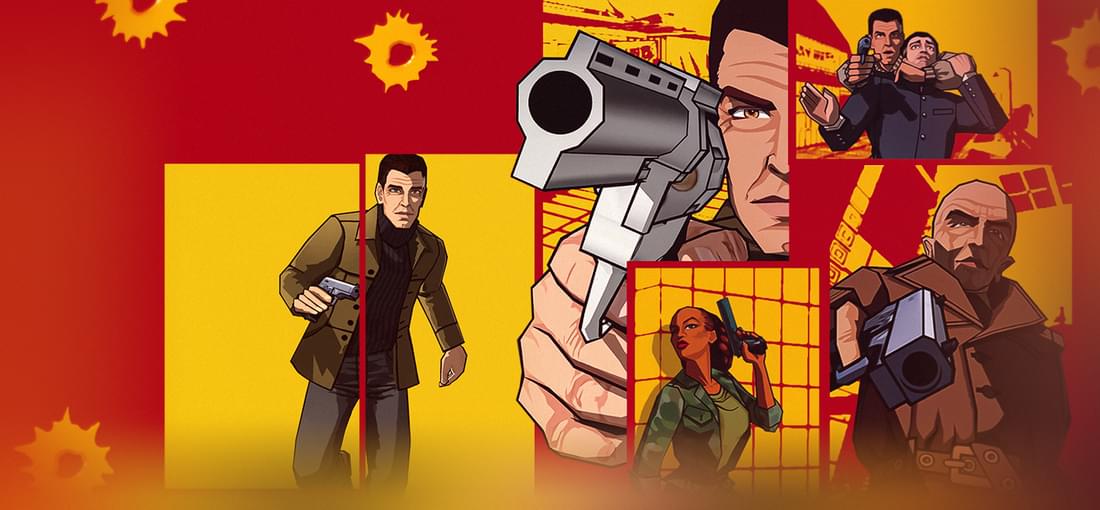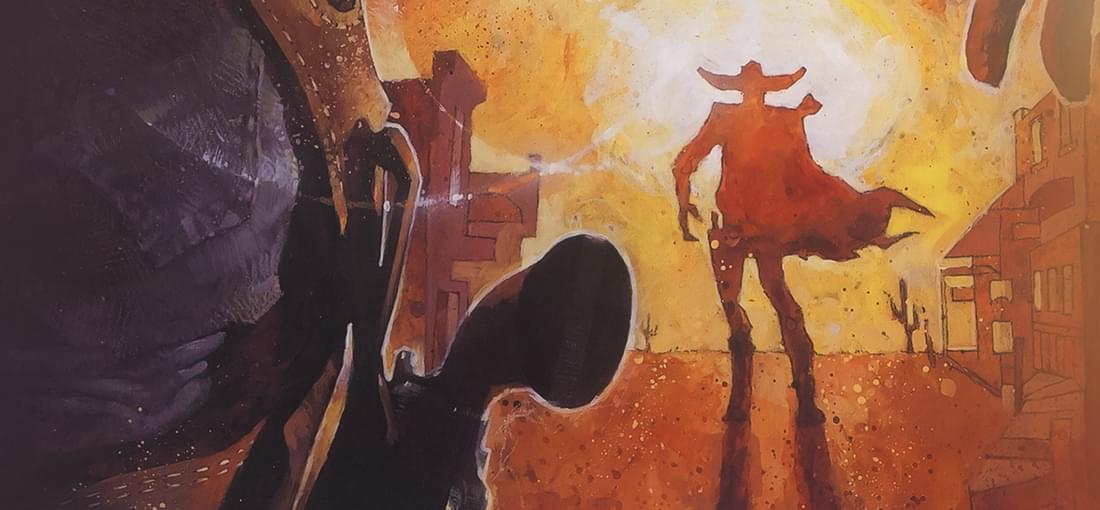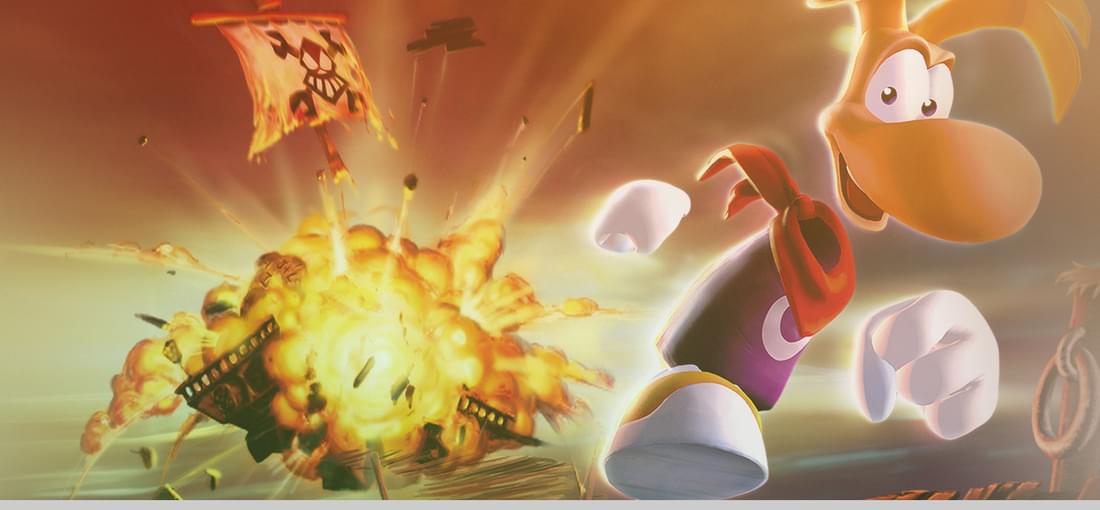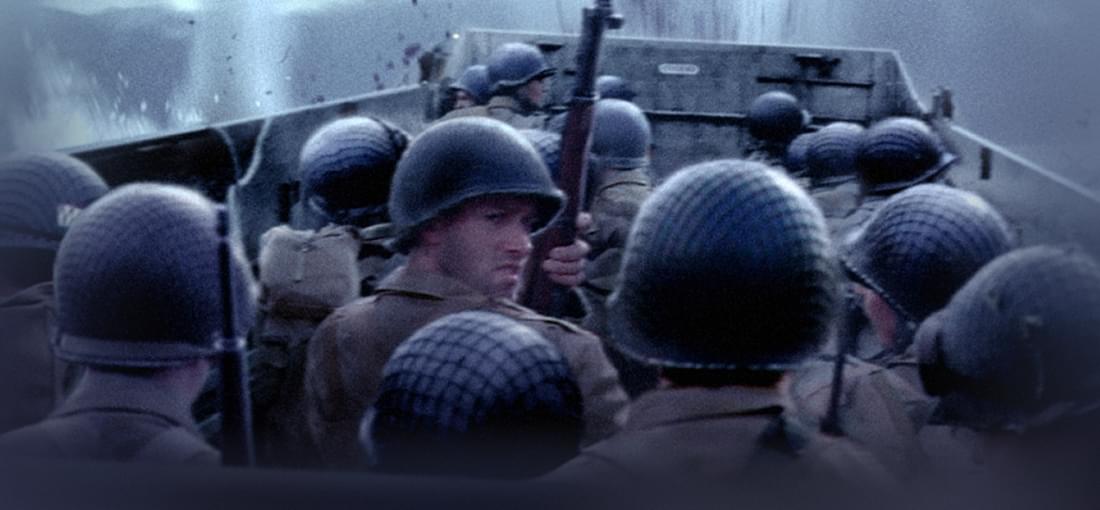


XIII is a game that exudes coolness with its cel-shaded graphics and '60s spy movie soundtrack, but is unfortunately let down by its simplistic and dated gameplay. If you're looking for something on-par with No One Lives Forever, then XIII will disappoint you. The levels in XIII revolve around combat and stealth, but neither aspect feels particularly well-developed. Like many other FPSes from the time, guns are completely inaccurate in the player's hands yet have aimbot accuracy in the enemies' hands. Location-based damage is non-existent save for one-hit sniper rifle/crossbow headshots. Combine this with the poor animations and sound effects and you've got a game where nearly every gun feels like the Klobb from Goldeneye. The poor combat could've been saved if the stealth was any good (like Deus Ex), but unfortunately the stealth levels are even worse than the run-and-gun levels. There are no darkness, sound, or peeking mechanics in place, so stealth boils down to waiting behind corners for minutes at a time while watching the visible "Tap" comic SFX through walls. Enemies range from being blind from five feet away to spotting you across the map. Should you get caught, you'll wind up playing minutes of the same levels and seeing the same unskippable cutscenes over and over due to the awful checkpoint placements. Despite these faults, I still recommend purchasing XIII if only to preserve it in your account when the rights eventually expire again. The janky gameplay is entirely in service to the storyline, which is presented in stylish comic fashion with top-notch voice acting by David Duchovny and the late, great Adam West. The setpieces are also really fun and memorable in contrast to the drab, muddy environments in today's AAA shooters. Grab yourself a copy of XIII and head over to PCGamingWiki to get it running in widescreen with the proper FOV. Don't forget to save after every level, either, as there doesn't seem to be any autosave feature.

Requiem: Avenging Angel is the kind of novelty game that almost seems like it was tailor-made for the 30-and-under crowd who loves the classic era of FPS. It brings original ideas to the table, like having an angel as a protagonist who has a variety of powers ranging from super-speed, turning enemies to salt, to even the earliest incarnation of bullet-time in an FPS. Unfortunately, in spite of these innovations, Requiem is ultimately less than the sum of its parts. It completely fails to elicit any emotion other than frustration throughout its woefully-short campaign. The first thing players will notice (besides the zoomed-in FOV that can be fixed with -FOV60 in the console) is that the game runs way too fast. Malachi zooms around at Doomguy speeds while certain akimbo pistol-wielding enemies can drain his health in a matter of a second. Like Monolith's Shogo, Requiem turns into an assault rifle-spamming fest in order to keep its lethal aimbotting enemies stunlocked. Weapons like the shotgun and grenade launcher become obsolete as soon as the player collects them. Worse, the more interesting powers like turning enemies into salt are made impractical due to the sheer number of on-screen enemies. Despite this reliance on twitch-based gameplay, Requiem is not beyond salvation. By the time players reach Act Two, the level design and weapons step up in quality. The bullet-time mechanic redeems the shooting mechanics while also showing off the fact that enemies' bullets are in fact projectile-based. The story also picks up, though it never stops being predictable. Unfortunately, the game starts to drag on with awful bullet-sponge boss fights as well as mundane, gray tech corridors. By the end, players will likely be slowing down time just to run past enemies instead of fighting them. Requiem: Avenging Angel is understandably not for everyone. It really only appeals to the very small niche of players who can find redeeming factors in Shogo and Kingpin: Life of Crime.

Even though Outlaws is a classic FPS game from the late '90s, it's not often brought up alongside the classics like Doom, Duke Nukem 3D, or Blood. It's a shame, as Outlaws introduced a number of innovations to the "Doom clone" formula. You come into this game expecting another simple run-and gun, but what you find is one of the earliest and most brutal examples of a Tactical Shooter. Outlaws is the kind of game where enemies can kill you in only two shots at point-blank and the only way to avoid damage is to take cover. It's actually quite fascinating for early 1997 standards. Not only is it the first FPS game to have a true sniper rifle (beating Goldeneye by nearly 5 months), but 3D positional audio as well through Aureal A3D. Despite the hardcore difficulty, fans of both Quake and Ghost Recon will be at home in LucasArts' quirky Western FPS. On Easy, the gameplay feels more like Doom with greatly-reduced damage while Medium provides a comfy middle ground. The level design leans heavily towards key hunts and switch puzzles, owing to the fact that the lead level designer was Chris Klie of "Master Levels for Doom II" and "B.F. THUD!" fame. The combat is brilliant for early 1997, with a wide variety of weapons that all feel just right. Well, with the exception of a sawed-off shotgun that's actually more accurate than the regular version. What makes the price of admission most worth it though is the theme of Outlaws itself. Each level is bookended with beautifully-animated and voice-acted cutscenes that give Outlaws a unique charm no other game has. Even the enemies exude a lot of personality. If there's one bad thing about Outlaws, it's the short length. There's only 9 main levels with 14 add-on levels and boy, do some of the add-on levels get bad. They're overwrought with key hunts that drag on too long. The hit detection can also be a bit spotty and someone liked putting enemies right behind doors. Still, if you're a '90s FPS fan, then don't miss out on Outlaws.

When I first played the PS1 demo over 17 years ago, I knew Rayman 2 would etch itself onto the stone pillar that was my childhood. What surprises me as an adult, however, is just how much this game surpassed its competitors. I grew up with other games like Gex and Jersey Devil, yet Rayman 2 stands (or rather floats limbless) above all of them. It's not just the fun gameplay, or the unforgettable cast of characters, or even the sweet soundtrack. Everything in Rayman 2 adds up to the rare kind of 3D platformer that transcends the 1990s and provides a fun, timeless experience. Rayman 2 fits nicely in-between Super Mario 64's exploration and Crash Bandicoot's linearity. It never gets overwrought in its collect-a-thon mechanics, yet still boasts a level of freedom beyond merely jumping over pits. The iconic character design allows for an unprecedented level of fluidity and responsiveness in controls. Instead of awkwardly punching air, you shoot energy from your fists with an Ocarina of Time lock-on system to smash Robo-Pirates and swing from hoops. The repertoire is quite simple, but the designers have maximized the potential of each skill. You'll helicopter through air streams, jet ski off the back of a swamp monster, dodge cannonballs from flying pirate ships, use your fists to propel yourself on a piece of fruit over lava, and tackle many more exciting challenges throughout the 20 worlds. Overall, Rayman 2: The Great Escape is one GOG release you just can't miss. Few 3D platformers have reached the level of cohesion that this gem has. I'd even go as far as to say Super Mario Galaxy could've learned a few tricks from Michel Ansel! Outside of a few issues like no control mapping, unskippable cutscenes, and impossible bonus games at 60FPS, there's nothing truly bad I can say about this game. Only "Rayman Revolution" on PS2 can boast itself as superior. (Make sure you install the fan-made patches to fix the stretching on widescreen monitors and enable modern gamepads.)
This game runs flawlessly on modern PCs at 60FPS with only one fan-made patch required for widescreen resolutions. You do not have to spend hours installing GBs worth of mods and patches to get Total Overdose running like the older GTA titles. With that out of the way, I suppose I should regurgitate what the last 5 pages of reviews have stated before. Total Overdose is a pretty cool and underrated gem. It takes the slow-motion shooting mechanics of Max Payne and puts them into a fast, combo-based arcade experience set in a world inspired by Robert Rodriguez's "El Mariachi" trilogy. Whereas Max Payne punished players who didn't Quicksave every 5 steps, this game rewards aggressive players with extra health, ammo pickups, and fun Loco Moves. They give players such abilities as guitar case machine guns, piñata grenades, skeleton sidekicks, and other fun moves to combo with. As you gain points in each mission, you earn better stat upgrades to improve your health, slo-mo meter, and ammo caps. Unfortunately, the fun combat is let down by a weak attempt at a sandbox overworld. The setting is original but the actual city is quite lifeless. The game map (already small, mind you) is split into several tiny sections that are barely interconnected and there's no map radar like in GTA3. The only objective besides the optional side-missions is to collect hidden upgrades and points, and even that task is arduous. To find them all, you'll need to tangle with some of the worst driving controls ever programmed. You'll drive along at a max 30 MPH and go skidding uncontrollably the second an idiot bystander dives onto your hood. Indeed, the hardest missions in the game aren't the shootouts, they're the awful races. It says a lot that the developers added a fast-travel option to go to any mission instantly. All in all, Total Overdose is a fun-if-flawed TPS that had the misfortune of going up against GTA: San Andreas. For $5.99, you can't find many other titles as good as this on GOG.

Medal of Honor Allied Assault was at the peak of the FPS genre over 13 years ago, but nowadays it can be tough for gamers used to newer and better games to get into it. It's not a classic that anyone can pick up and play like Return to Castle Wolfenstein, Halo, or Call of Duty. Rather, Allied Assault is something you really need to give a chance before passing judgement. I was skeptical after reading negative modern reviews and playing the demo, but eventually I bought MOHAA on sale and I learned to like it. Allied Assault has a heart and soul, which is something I can't even say about the best COD titles! Allied Assault often gets compared to Call of Duty 1 since the development team went on to form Infinity Ward, but that's unfair. It's closer to EA's James Bond titles from the early 2000s with emphasis on espionage over all-out warfare. The surprisingly non-linear "The Command Post" is the best example of what this game has to offer. Unfortunately, MOHAA has stiff movement, imprecise weapons, and hilariously-bad AI that is completely blind and deaf from long distances on most of the maps. Maps like "Battle of the Bocage" show why this game was too primitive to attempt the gameplay that COD would perfect one year later. Allied Assault has a lengthy campaign of 34 maps (with a secret map accessible through the maplist) spread across 6 missions that span from sneaking aboard a U-Boat in Norway to blowing up a mustard gas facility in Germany. In addition, there are two expansions included that add an extra 20 maps between them. They both make huge improvements to the movement, gunplay, and AI. Spearhead has really nice proto-COD1 gameplay, whereas the less said about Breakthrough, the better. For $9.99, the War Chest is definitely a good purchase. For $3.99, it's a steal! If you liked MOHAA, I also recommend picking up the terribly-underrated MOH Airborne. It's one of the handful of modern FPS games to have open, non-linear level designs.